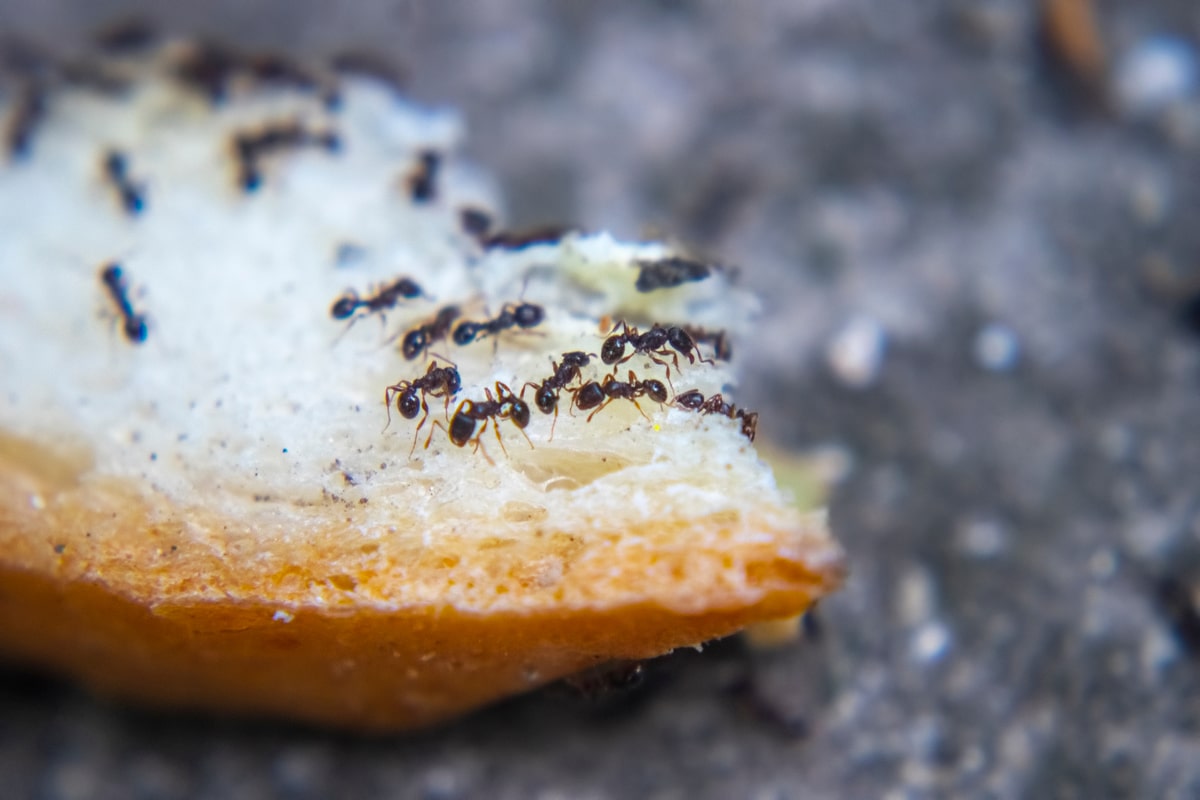Ants might seem like small and simple creatures, but they're actually quite complex. In fact, each adult ant you see on the sidewalk or in your yard has actually gone through many developmental changes.

Find facts about this insect's life cycle, from ant eggs to ant larvae to ant pupae and onward to adulthood and learn how long ants live.
Ant Eggs
Each ant begins its life cycle as an egg. The colony's queen lays the ant eggs, which typically hatch within one to two weeks of being laid.
The fertilized ant eggs become females in adulthood and serve the colonies as workers — foraging for food, feeding the queen's offspring, maintaining the nest and, in some cases, becoming new queens. Unfertilized ant eggs become males once they're adults, and their sole role is to mate with a queen.
Ant Larvae
The next stage of the ant life cycle is the larval phase. Here, ant eggs hatch into worm-like larvae, which don't have eyes or legs. The ant larvae are fairly helpless and eat constantly, relying on workers to feed them. Throughout this stage of the ant life cycle — which only lasts six to 12 days — the larvae will molt several times as they grow larger.
This is also the stage at which future queens are determined: Ant larvae that are hatched from fertilized eggs and fed more develop into queens. These queens fly off to establish new colonies of their own.
Ant Pupae
After molting several times, the ant larvae pupate. At this stage, the pupae start to resemble the ants you're familiar with. However, their antennae are folded tight against their bodies. Additionally, the pupae are paler in color, starting out almost white and darkening over time.
In some species of ant, the pupae spin cocoons for protection, while other species remain uncovered. Regardless of species, this phase of the life cycle is one of rest. During this time, which spans the course of nine to 30 days, the pupae metamorphosize into adult ants.
Adulthood
When an adult ant emerges, it's fully grown. Because ants have such hard exoskeletons, they're unable to grow any larger. When ants reach adulthood, they start to perform their roles in the colony. Each ant belongs to one of three major casts — queens, female workers or male drones — which, as you saw above, are all determined by factors that take place in the egg and larvae stage.
How Long Do Ants Live?
An ant's caste, or position within the colony will ultimately determine its lifespan. Males, for example, only live for a few weeks and die after mating with a queen. The female workers can live for several months. Queen ants, on the other hand, can live for decades. In some species, the queens can live to be 30 years old.
Ant colonies can thrive for long periods of time and are constantly reproducing. And some ant species can cause structural damage in your home or even contaminate your food. If you're concerned about ants in your home, our ant control professionals are here to lend a hand. Get started today with a free quote.



